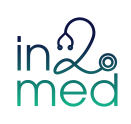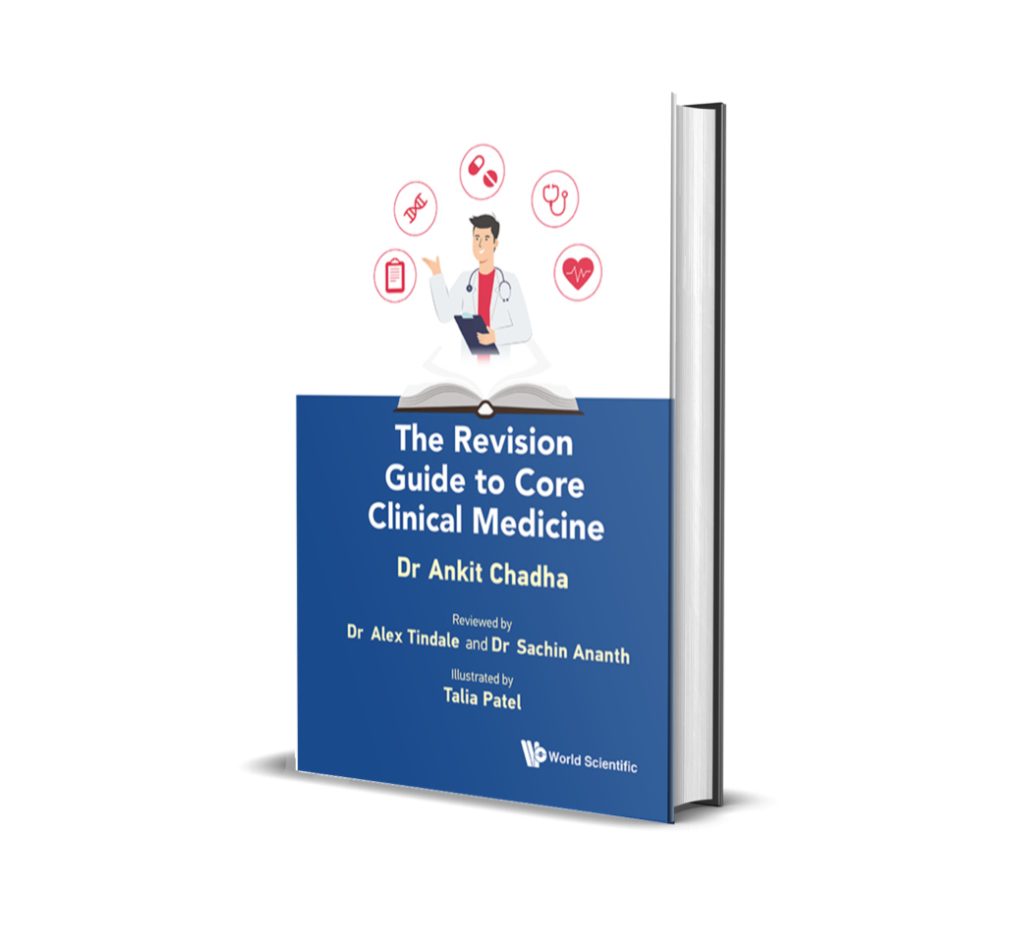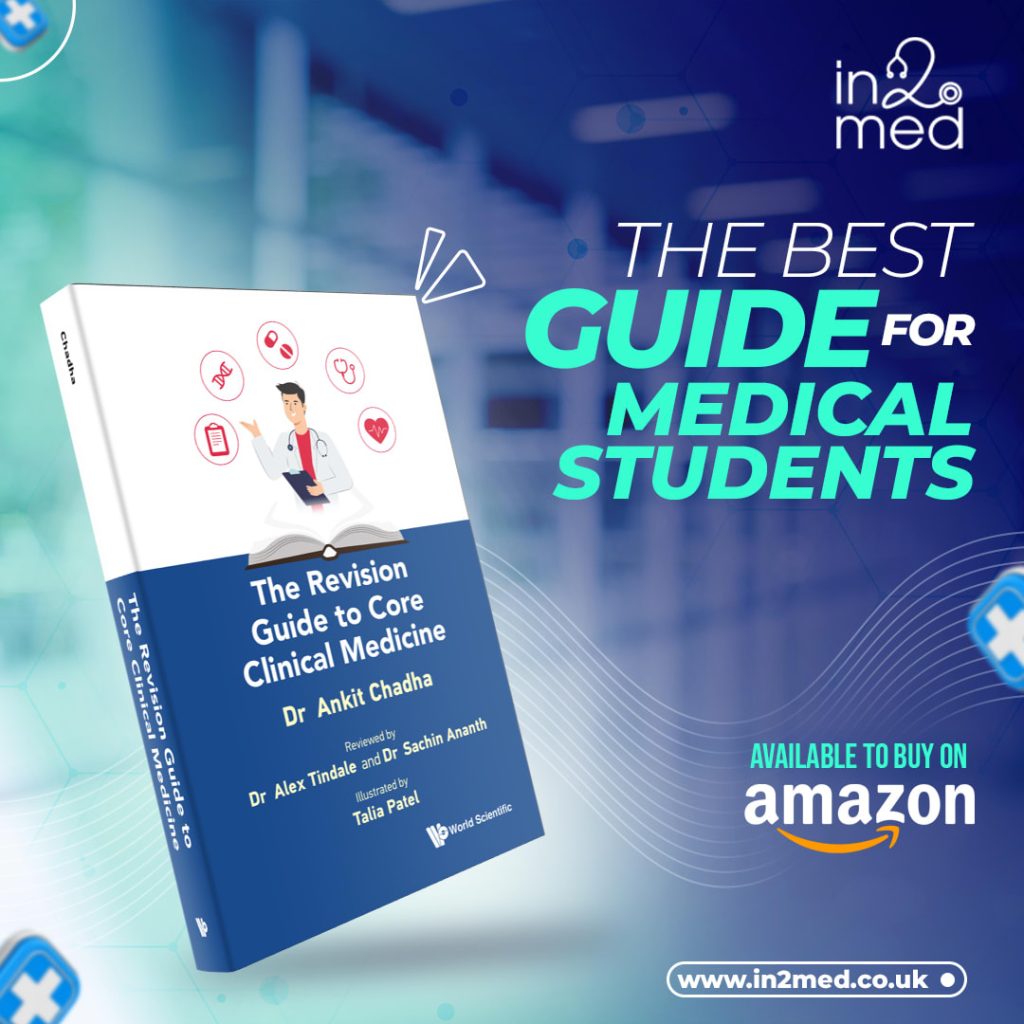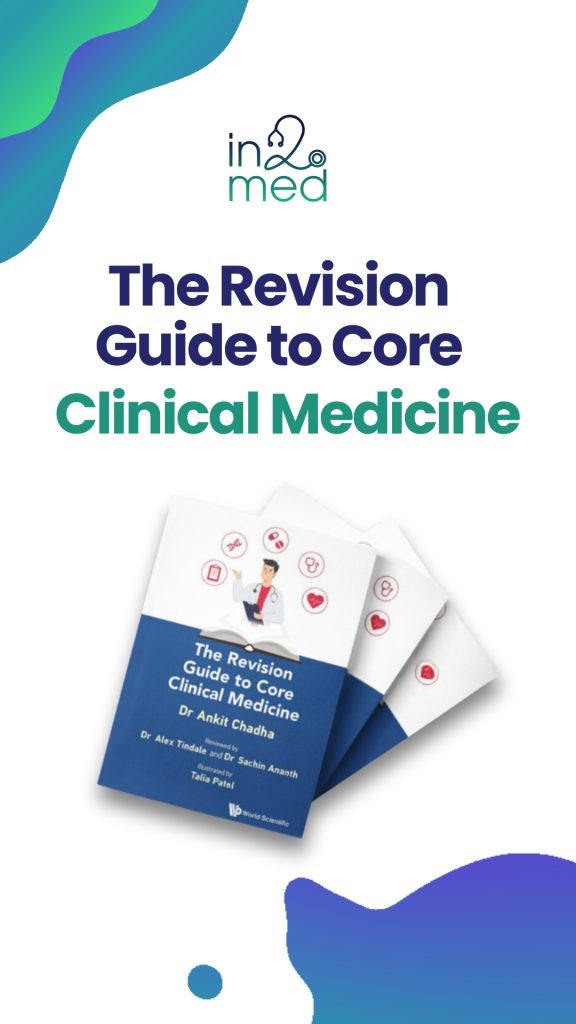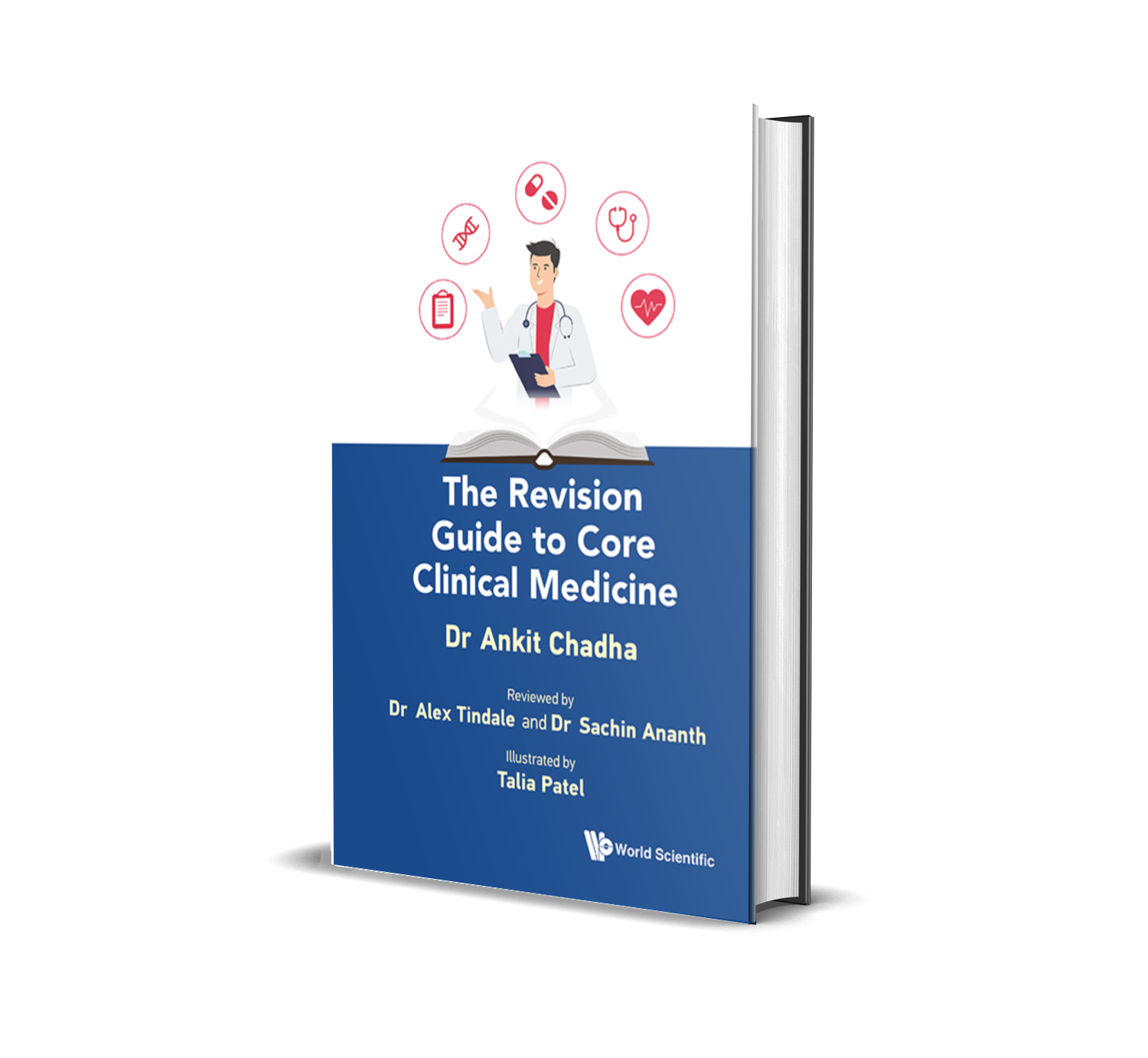Learning a new language
Dear Friend,
I hope you had a wonderful weekend. I had my final interview for the oncology ST3 position this past Thursday, and since then, I’ve been able to relax and enjoy the last few days without the pressure of studying. It feels incredible to be done with the application process — it’s the culmination of years of hard work, countless exams, interviews, and a fair amount of stress. Now, it’s just a matter of hoping for good results in the coming weeks.
A few weeks ago, I decided that after my final interview, I would start learning Spanish again. I’ve always had a passion for languages—I studied French, Spanish, and Latin for my GCSEs, continued Spanish through to A-level, and even spent a month in Seville during university to immerse myself in the language. However, life got in the way once I started working as a doctor, and my language learning came to a halt. It’s something I’ve wanted to revisit since university, but I always found other priorities. After Thursday, though, I decided it was time—no more excuses. I took my first lesson, and it was an amazing feeling. I’ve now signed up for weekly online classes and am excited to improve my Spanish before my trip to Spain this summer.
Beyond being a personal hobby, there are several benefits to being proficient in another language, particularly for those of us in the medical field. This week, I wanted to share a few key reasons why learning a second language convinced me to get back into lessons. If I, as an IMT with a demanding rota, can make time for it, there’s no reason why you can’t too.

Seeking Opportunities Abroad
As we all know, the NHS is currently facing significant challenges. Several of my colleagues have already decided to leave and practice abroad. Many have chosen English-speaking countries like the USA or Australia. However, learning a second language opens up a whole new range of opportunities in non-English-speaking countries as well. For example, speaking German or French can give you access to Switzerland—an incredible place to live. Spanish, on the other hand, opens doors not only to Spain but also to virtually all of South America. With the world developing so rapidly, you don’t want to limit yourself by language barriers. Becoming proficient in a second language can unlock many exciting opportunities abroad.
Avoiding the Language Line
In my daily practice, I’m seeing more and more patients who cannot speak English. This often means relying on family members or friends for translation, or, even worse, using the language line service, which can add up to 40 minutes to a consultation. Personally, I’ve had the chance to conduct consultations in Hindi and Punjabi, which has allowed me to take more thorough histories. When you speak to patients in their own language, they are more likely to trust you, and it becomes easier to reach an accurate diagnosis.
Watch Foreign Movies/Shows
Have you ever spent ages scrolling through Netflix or Prime, unable to decide what to watch? I’m guilty of this as part of my nightly routine—either feeling like I’ve seen everything or that nothing quite fits. Recently, however, I’ve started watching Spanish shows (as part of my language practice), and I’ve been surprised by how many fantastic foreign films and series are out there. Learning a new language also opens you up to a new culture, and you may find yourself really enjoying it!
Summary
These are just a few of the reasons I decided to start learning languages again—aside from, of course, the fun of showing off my skills when I visit Spain this summer! That’s how I found myself in Costa this past Sunday, studying vocabulary and tackling the past tense. It seems I’m not great at relaxing for too long.
Drug of the week
Dianette pill (COCP)
This is a type of combined oral contraceptive pill which is composed of ethinylestradiol/cyproterone acetate (EE/CPA).
It is a combination of ethinylestradiol (EE), an oestrogen, and cyproterone acetate (CPA), a progestin and antiandrogen, which is used as a birth control pill to prevent pregnancy in women.
Because of its anti-androgen properties, it is also used to treat androgen-dependent conditions in women such as acne, excessive facial/body hair growth, scalp hair loss, and high androgen levels associated with PCOS.
The medication is taken by mouth once daily for 21 days, followed by a 7-day free interval.

A Brain Teaser
A 34-year-old female presents to her GP for advice regarding contraception. She recently began seeing a new partner following a divorce and wants to begin the combined oral contraceptive pill. Her body mass index is 32 kg/m² and she is an ex-smoker, previously smoking 20 per day quitting 2 years previously. Her medical history is significant for frequent migraines as a teenager with no preceding aura, factor V Leiden disease and gestational hypertension during the pregnancy of her 2-year-old daughter.
Which element of her history is the most significant contraindication to the combined oral contraceptive?
A: History of gestational hypertension
B: High BMI
C: Smoking history
D: Factor V Leiden
E: Migraine history
Answers
The answer is D
This question focuses on the different contraindications for the combined oral contraceptive. From NICE guidelines, the only absolute contraindication in the patients history is factor V leiden (a UKMEC 4 level, – unacceptable health risk) whereas the other elements of the history fall into UKMEC 3 – where the disadvantages generally outweigh the benefits. However, it should also be noted that some concurrent UKMEC 3 contraindications may, in combination, be absolute contraindications. Guidelines should therefore be studied carefully prior to prescribing.
